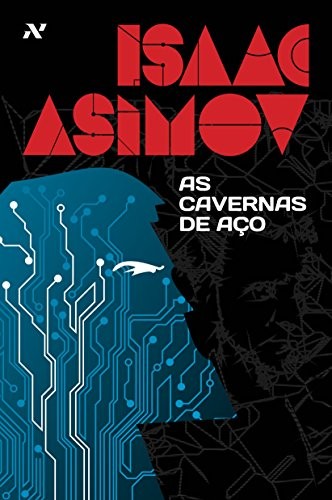jdavidhacker1 reviewed The Caves of Steel by Isaac Asimov (The Robot Series, #2)
None
4 stars
A fun scifi detective novel. I see a lot of reviews focusing on Asimov's speculation of how AI/Robots/Automation will effect humans and society, which is certainly a prevailing theme here. However, one should not overlook that just as, if not more important, is the attention given to human overpopulation and environmental system collapse as a consequence of it without changes to human goals and behavior. Its interesting that he shows us a post-capitalist society that is not the post-scarcity utopia of Roddenberry's dream, but if anything has greater scarcity due entirely to human society falling victim to other behaviors and cultural norms just as outlandishly stupid as the pursuit of ending financial gain.
A fun scifi detective novel. I see a lot of reviews focusing on Asimov's speculation of how AI/Robots/Automation will effect humans and society, which is certainly a prevailing theme here. However, one should not overlook that just as, if not more important, is the attention given to human overpopulation and environmental system collapse as a consequence of it without changes to human goals and behavior. Its interesting that he shows us a post-capitalist society that is not the post-scarcity utopia of Roddenberry's dream, but if anything has greater scarcity due entirely to human society falling victim to other behaviors and cultural norms just as outlandishly stupid as the pursuit of ending financial gain.












